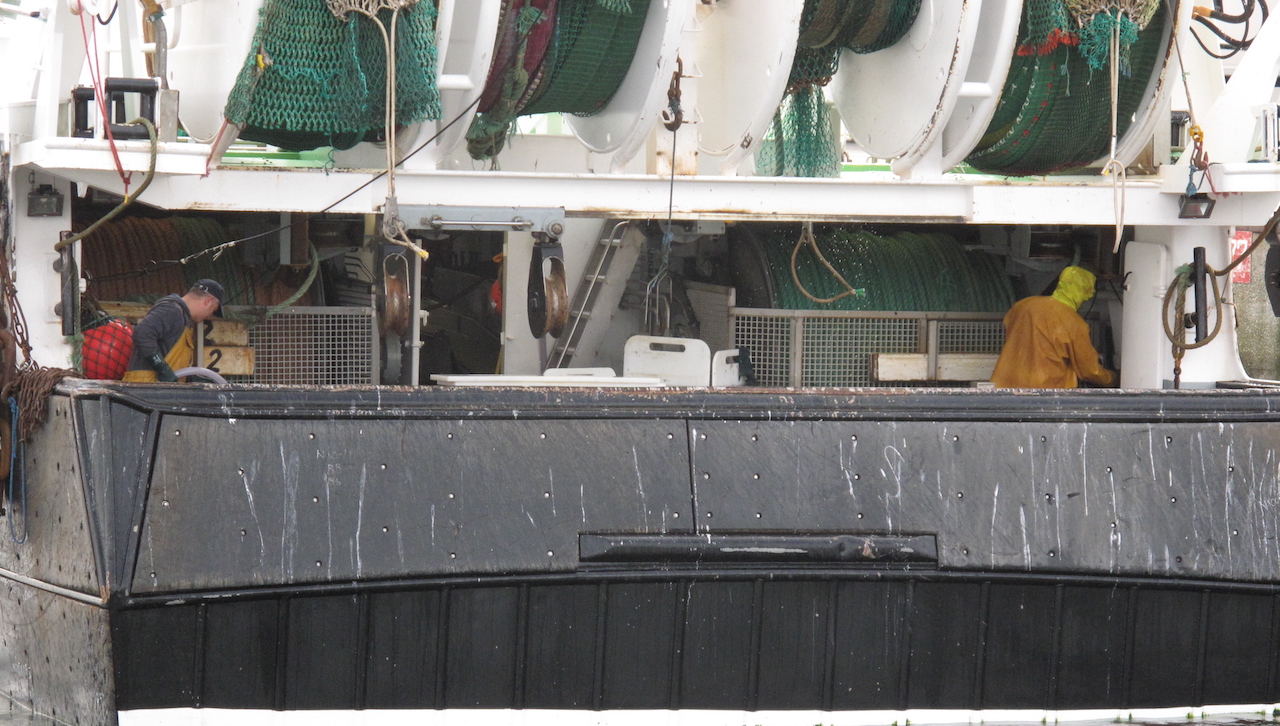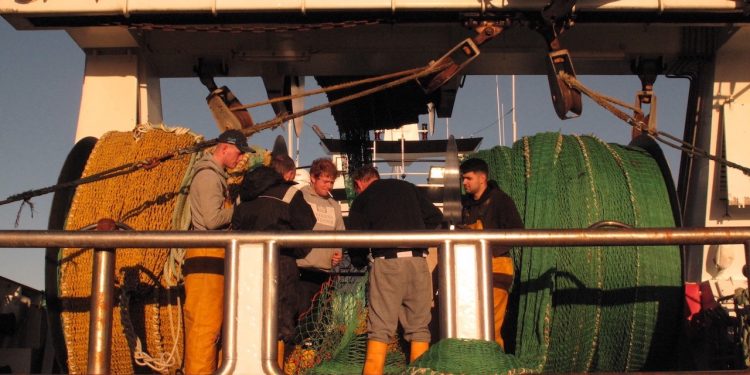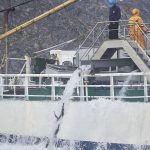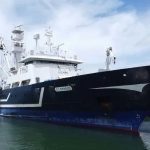With the Pillars of the Sea 3 project close to being delivered, this EU-co-funded project advances the Social Dialogue Committee roadmap for socially sustainable fishing, building on our previous successes.
‘The EU Social Partners in the fisheries sector previously created comprehensive medical guidelines for fishers. We are delighted that these guidelines have been adopted globally by the International Maritime Organization (IMO) and the International Labour Organization (ILO),’ a representative of the social partners commented.

‘This new set of guidelines, finalised during a joint meeting 12-16th February 2024 in Geneva, will help improve the medical examination process for fishers worldwide. These guidelines, developed in collaboration with the International Maritime Health Association (IMHA), aim to ensure that fishers are healthy and fit for their important but demanding roles, ultimately improving their health and safety at sea.’
The IMO will introduce a similar requirement through its newly developed Code of the International Convention on the Standards of Training and Certification of Watchkeeping of Fishing Vessel Personnel (STCW-F).
Pillars of the Sea 3 builds on previous achievements, addressing various pressing issues through its four key pillars.
Guidelines for the Recruitment of Migrant Fishers: This pillar continues the development of model contracts to facilitate compliance with EU and international labour regulations, addressing abusive and fraudulent practices in recruitment.
Training Programme for Medical Practitioners: Building on the guidelines developed in the previous project, this pillar aims to train medical practitioners in the specific health risks associated with fishing, ensuring they can provide appropriate medical care and certification.
Legal Analysis on Market and Custom Tools to Combat Forced Labor: This pillar explores the potential for EU customs and legislative tools to restrict seafood imports from vessels or countries identified for labour abuses, aligning with the EU’s commitment to human rights and sustainability.
Refining the ‘Fishery Speak’ App: Enhancing this interactive glossary with additional languages and technical updates to improve communication and safety on board fishing vessels.
‘We invite policymakers, fisheries stakeholders, and media to keep an eye out for the upcoming dissemination conference in the fourth quarter of the year in Brussels, date to be determined. This event will highlight the impactful results of our project and discuss future steps toward ensuring socially sustainable fishing practices in the EU and beyond,’ the social partners report.
‘Fishing is a fundamental yet challenging industry, and has often seen legislative attention centred on environmental issues, overshadowing the essential working conditions of fishers. The sector suffers from low ratification levels of international conventions on fishers’ working conditions and a lack of co-ordination among national and international bodies. This gap has led to a decline in EU citizens joining the profession and labour challenges worldwide.’









